
Why regular eye exams are important
The importance of routine eye check-ups for detecting early signs of eye conditions and maintaining overall eye health.


How the brain interprets visual information
How the brain processes and interprets signals from the retina to form an image.
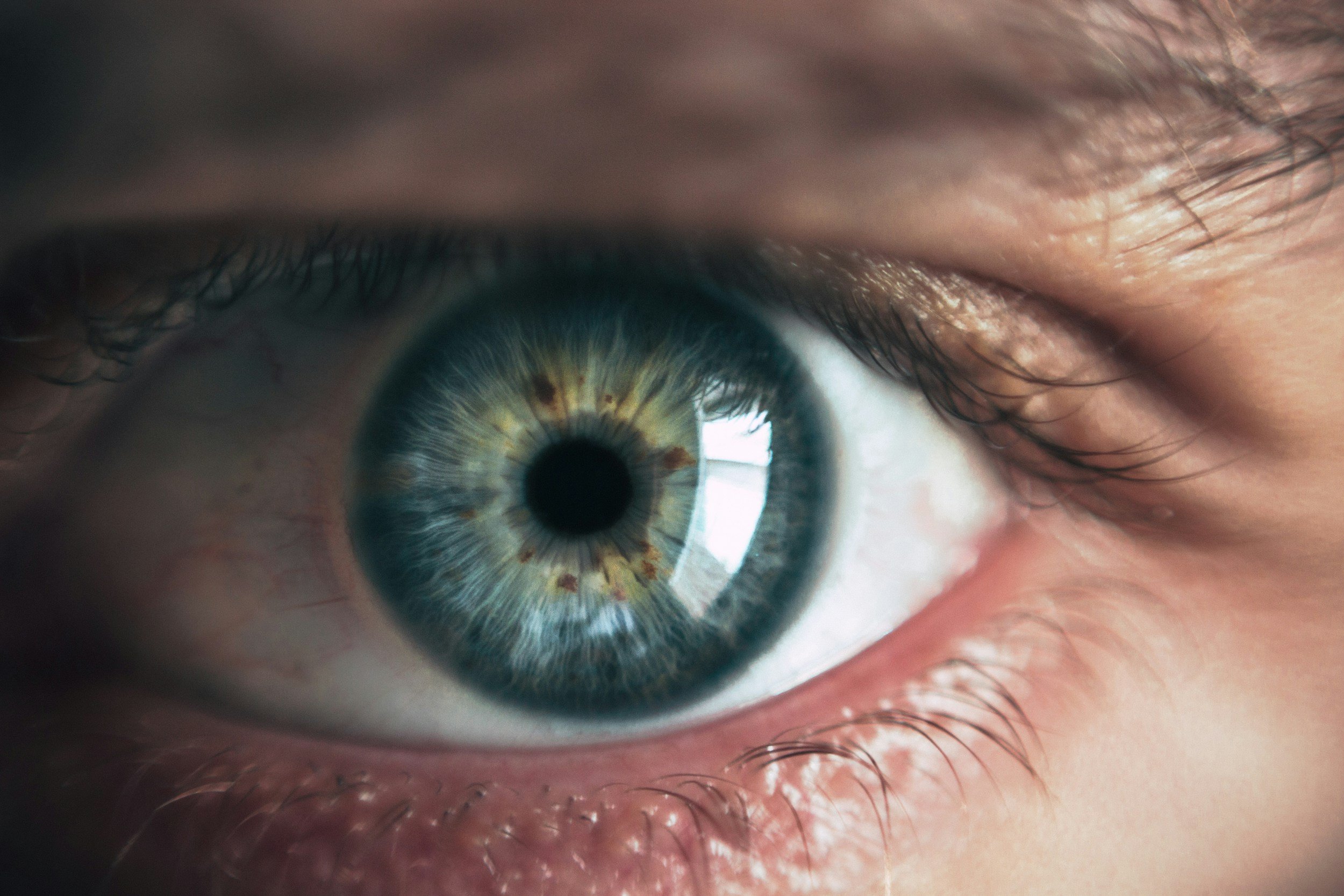
Why eye color varies
The genetics behind different eye colors and how melanin affects the pigmentation in your iris.

Blue light and eye strain
The effects of blue light from screens on eye health and ways to reduce digital eye strain.
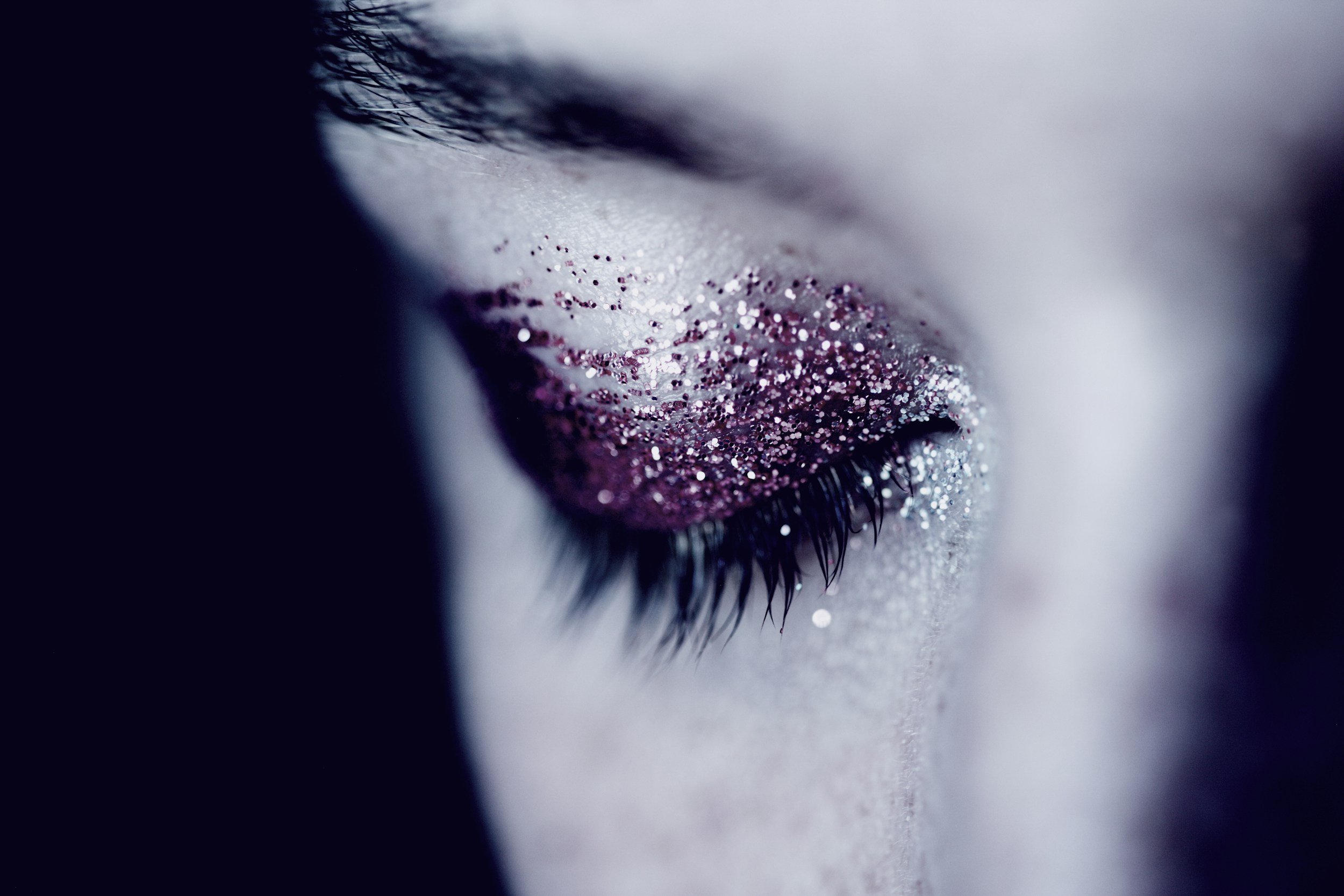
The role of tears in eye health
Why we produce tears and how they protect, clean, and moisturize our eyes.

The importance of UV protection for eyes
How ultraviolet (UV) light can damage your eyes and the importance of wearing sunglasses.

How LASIK and vision correction surgeries work
The science behind LASIK and how it reshapes the cornea to correct vision problems.

Why people need glasses
The reasons behind nearsightedness, farsightedness, astigmatism, and presbyopia.
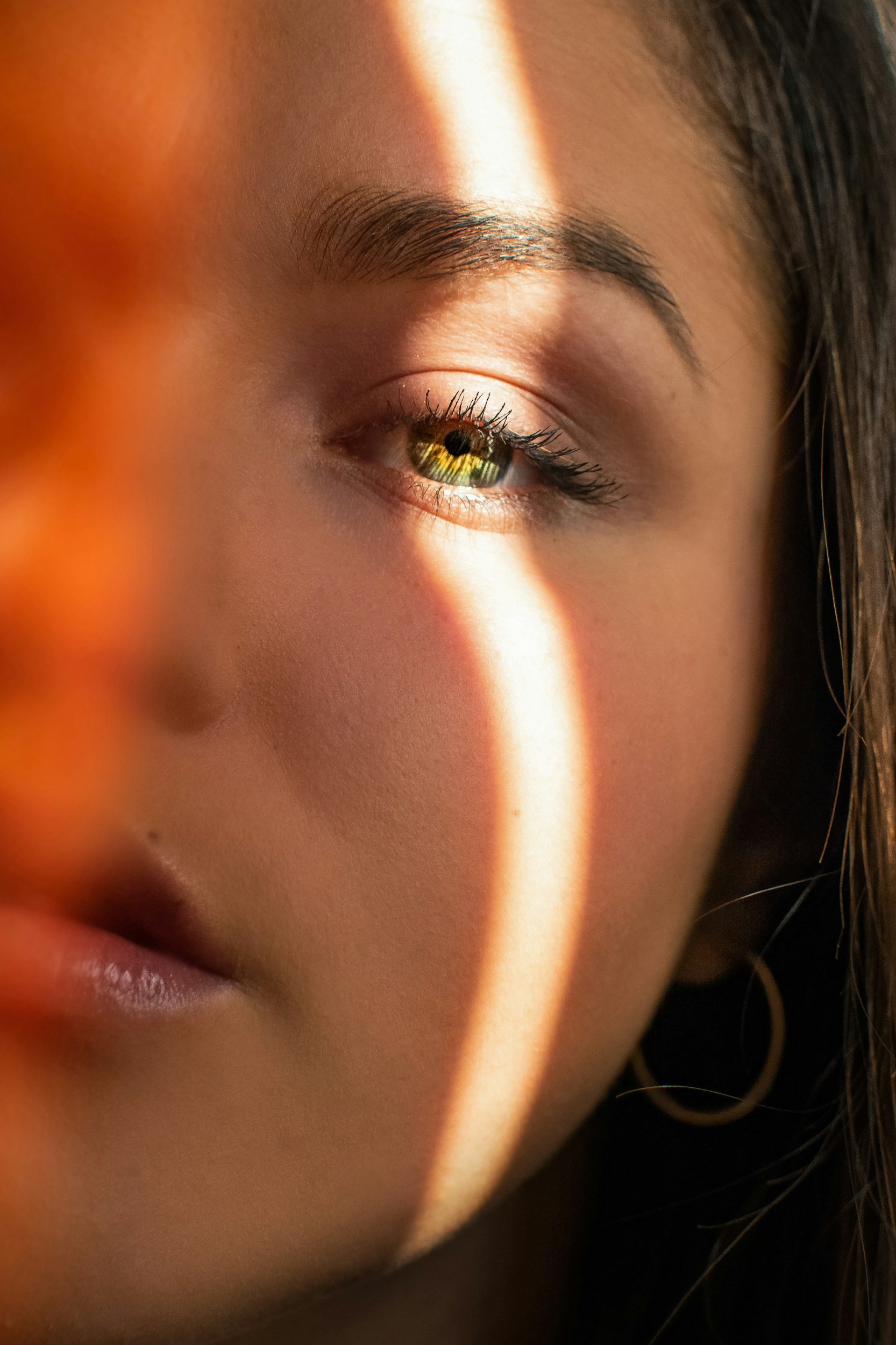
How the eye focuses light
The process of accommodation, where the lens changes shape to focus light on the retina.

How the eye works
The anatomy of the eye (cornea, lens, retina, optic nerve) and how they work together to create vision.

Color blindness
Color blindness, or color vision deficiency, is a condition in which a person has difficulty distinguishing certain colors.
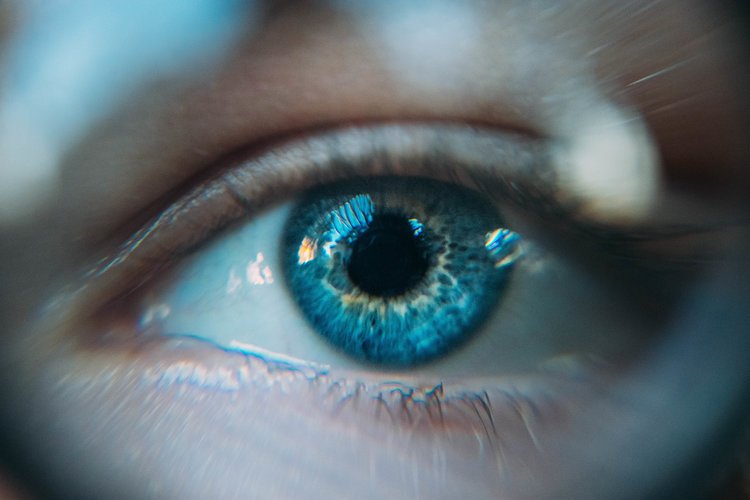
About dry eyes
Dry eye is a condition in which there are insufficient tears to lubricate and nourish the eye.

How eyeglasses work
Eyeglasses work by using specially crafted lenses to correct the way light enters the eyes so that it focuses properly on the retina, providing clear vision.

Color contact lenses
Color contact lenses are contact lenses that are designed to change or enhance the color of the eyes.
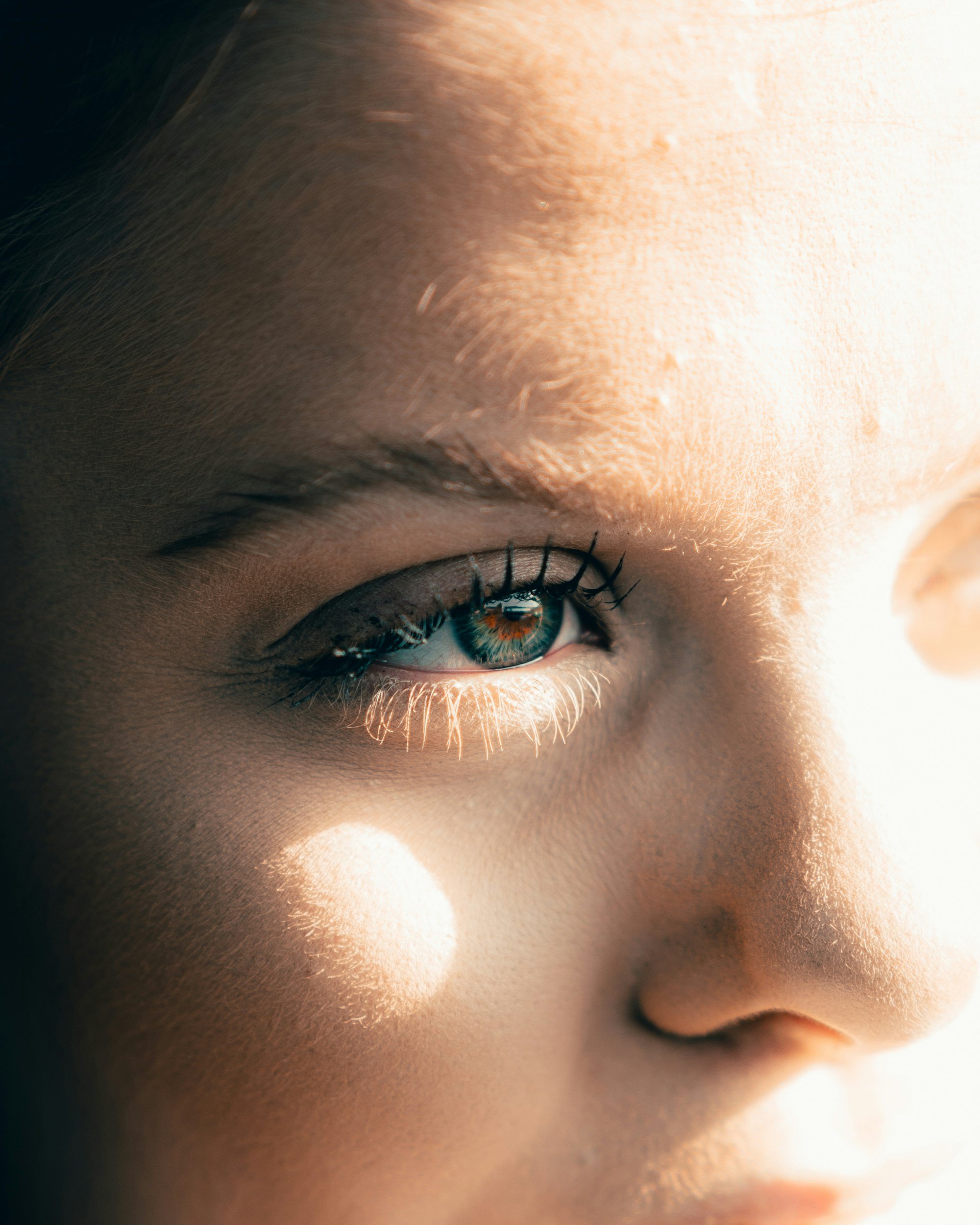
How to put in contact lenses
Putting in contact lenses can take some practice, but once you get used to it, it becomes a quick and simple routine.

How contact lenses work
Contact lenses work by sitting directly on the tear film that covers the surface of your eye, correcting vision in a way similar to glasses, but without the frames or bulk.

About Ophthalmologists
An ophthalmologist is a medical doctor who specializes in the diagnosis, treatment, and management of diseases and conditions related to the eyes and visual system.

How our eyes see color
Our eyes perceive color through specialized cells called cones located in the retina.